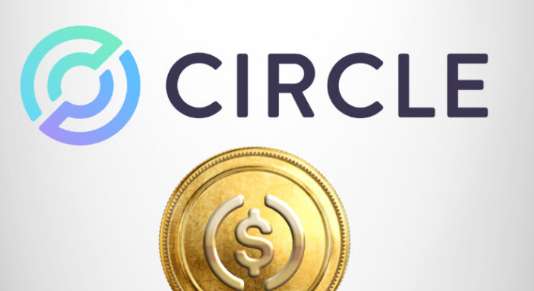Circle's Hike Has Been Jaw-dropping, But Is It Time To Short It?
The stablecoin frenzy is sweeping global markets, driving a surge in the stock prices of companies related to this emerging technology, though some investors are growing increasingly wary.Earlier this

The stablecoin frenzy is sweeping global markets, driving a surge in the stock prices of companies related to this emerging technology, though some investors are growing increasingly wary.
Earlier this month, "THE stablecoin stock," Circle Internet Group, Inc. (CRCL), went public at an IPO price of $31 per share and later soared to $298.99 per share last week.
Founded in 2013, Circle's core product is USDC, a stablecoin pegged 1:1 to the U.S. dollar, making it the second-largest by market share after Tether's USDT. As of last Friday's close, Circle's stock was trading at $180.43, nearly five times its IPO price.
Despite the sharp rally, short interest in Circle has continued to rise. In South Korea, the stablecoin-themed stock Kakaopay Corp. faced heavy selling after tripling in value.
As multiple countries move toward legalizing stablecoins, these assets are gaining policy support. Meanwhile, public endorsements from Donald Trump have further fueled the rally, though regulators and financial institutions remain cautious.
The cautious trading behavior of institutional investors stands in stark contrast to the retail frenzy. SeokKeun Ha, Chief Investment Officer at South Korea's Eugene Asset Management, said: "This is reminiscent of the indiscriminate buying of metaverse-related stocks by retail investors in 2020 and 2021. This is essentially a bet on government policy."
Earlier this month, the U.S. Senate passed the "Guiding and Establishing National Innovation for U.S. Stablecoins Act" (the "GENIUS Act"), which would establish a regulatory framework for dollar-pegged stablecoins. The bill is now awaiting approval in the House of Representatives.
In South Korea, newly elected President Lee Jae-myung pledged during his campaign to greenlight stablecoin issuance. Earlier this month, the ruling Democratic Party proposed the Digital Asset Basic Act, aimed at increasing transparency and fostering competition in the crypto industry.
Circle's market capitalization has now surpassed $40 billion, exceeding more than half of the companies in the S&P 500. Its rapid ascent has attracted short sellers, with short interest accounting for over 25% of its float, according to S&P Global data.
Kakaopay has also outperformed all components in the Fidelity MSCI Information Technology ETF, with gains nearly double those of Robinhood. Despite heavy retail buying, domestic and foreign institutional investors have been net sellers overall.
Citi analysts rated Kakaopay a "sell," calling its valuation "excessive." The bank noted in a report that while stablecoins have long-term potential, opportunities remain in the early stages, and the timing and ultimate user adoption remain uncertain.
Officials from the Bank of Korea warned that introducing stablecoins could significantly impact monetary policy and payment settlement systems, stressing the need for safeguards to prevent financial market disruptions and ensure user protection.
A report from the Bank for International Settlements (BIS) stated that stablecoins fail to meet the requirements of a monetary system pillar in terms of singularity, resilience, and integrity, leaving their future role unclear. The report also highlighted their serious limitations, suggesting they may only serve a supplementary role.
Disclaimer: The views in this article are from the original Creator and do not represent the views or position of Hawk Insight. The content of the article is for reference, communication and learning only, and does not constitute investment advice. If it involves copyright issues, please contact us for deletion.